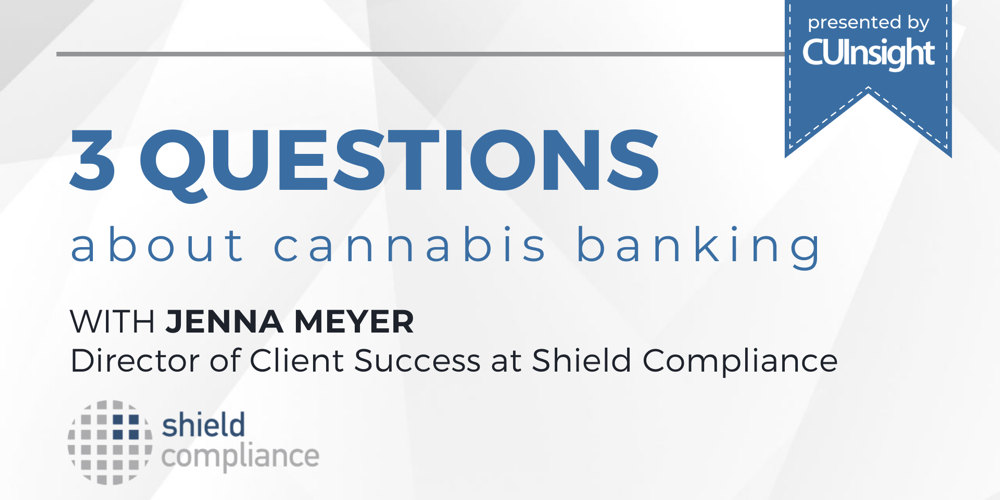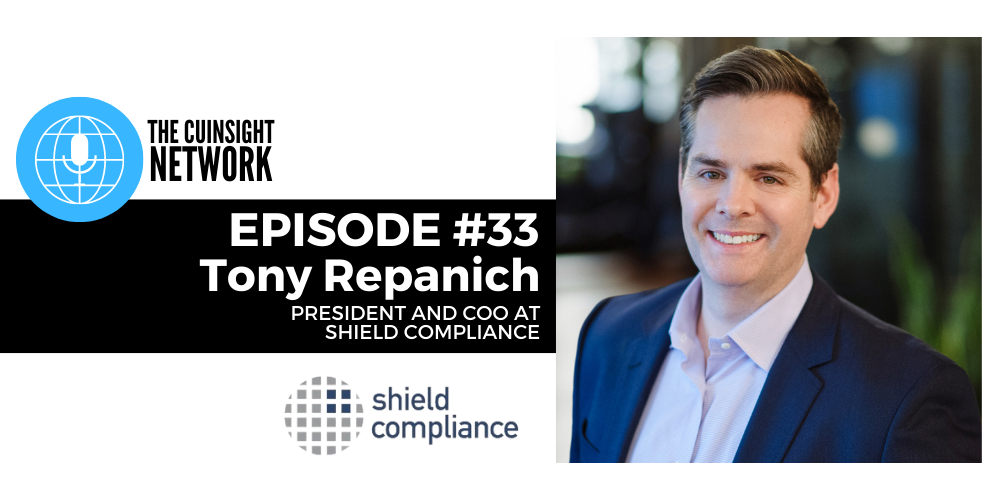Cannabis banking can offer many valuable financial benefits for credit unions choosing to serve the industry. However, implementing a well-managed, compliant cannabis banking program requires considerable planning and an understanding of all potential areas of risk. This includes ensuring that the credit union’s directors and officers are covered by their institution’s Directors and Officers (D&O) liability insurance policy. Shield sat down with corporate and finance-focused attorney Scott Moskol, a partner of Boston-based law firm Burns & Levinson and co-chair of the firm’s Financial Restructuring & Distressed Transactions and Cannabis Business & Law Advisory practices. Named an inaugural “Cannabis Trailblazer” by The National Law Journal in 2018, Scott has been providing corporate counsel to clients in the cannabis industry since 2013 and offers his insights on this complex issue.
Shield: What do boards need to know about D&O insurance if their institution is banking or considering banking the cannabis industry?
Scott Moskol: The main thing the financial institution should know right off the bat is what type of claims are, or aren’t covered, under their existing Directors and Officers (D&O) liability insurance as it relates to an existing or prospective cannabis banking program. Speak to your broker as your present policies may not cover a claim related to the cannabis industry. If you identify potential vulnerabilities that make the board uncomfortable, the next step is to undergo a cost-benefit analysis to understand the costs involved to obtain extra protection through a supplemental D&O policy, on top of the additional compliance required to bank this industry.
Shield: What are some of the risks or vulnerabilities boards might face?
SM: D&O insurance is widely used throughout the industry to offer directors and officers a level of protection from lawsuits brought against the organization. We have seen some isolated lawsuits brought against a financial institution providing banking services to the industry – solely because they were banking the operator. Because cannabis is classified as a federally illegal substance, the stakes are even higher. D&O policies will often have exclusions or carve-outs which exclude claims that are the result of intentional acts. Since cannabis is federally illegal, the insurer could potentially decide not to cover a claim as the insured was involved in the federally illegal action. If the financial institution is sued for something related to its cannabis program, the insurer may not cover the lawsuit, and if they don’t, they may deny coverage entirely because the lawsuit derived from a cannabis-related matter. To give you an example, a few years ago, the neighbors of a cannabis operator in Massachusetts sued the operator for creating a “nuisance” and bringing down property values. They also filed a civil suit against everyone connected to the business, including the city, the landlord, and even the financial institution handling its deposits. This is not a common occurrence, but it could happen. Board members of financial institutions will understandably be concerned about putting their own assets on the line, so having the right insurance coverage in place is very important.
Shield: How would federal reform, such as the passage of the SAFE Banking Act or CLAIM Act, change things when it comes to D&O insurance?
SM: These bills would provide a safe harbor for financial institutions or insurance companies and their employees to offer services to state-licensed, compliant cannabis businesses. But insurance is provided by private institutions, so until cannabis is de-scheduled or made fully legal on a federal level, I think we will still have this issue where there’s a gap between what is and is not covered under a traditional D&O policy. On the other hand, the passage of the CLAIMS Act may give more insurance companies a degree of comfort in entering the market. D&O insurance is quite expensive, so we may see increased competition which could cause prices to drop. But as long as cannabis is federally illegal, I think financial institutions will still be vulnerable to exclusions in their policies. It’s important to keep in mind that many of the insurers are reinsured elsewhere, often outside of the U.S., so even if the federal government fully legalizes cannabis, there may be other reasons why there’s no stampede into the market.
Shield: What’s the one piece of feedback you give credit union boards contemplating entering the cannabis space?
SM: The one thing I probably would say is that whether you’re going to offer depository services, lending, or any banking services, there are no shortcuts both in terms of the compliance that you need to do to keep your program up to date, but also in terms of what you need to do to protect the institution itself. You owe it not only to the institution and your fellow directors and officers to make sure your coverage is sufficient, and if it’s not, to get quotes for some supplemental policy coverage. Just as you need to price compliance management, like that provided by Shield, you also have to price in the cost of insurance. Don’t just assume that your present insurance policies are sufficient. Review them closely, and don’t be afraid to ask questions. This is a new industry, and there are many experts out there to help you and your institution manage risk, operate compliantly, and stay protected financially.







